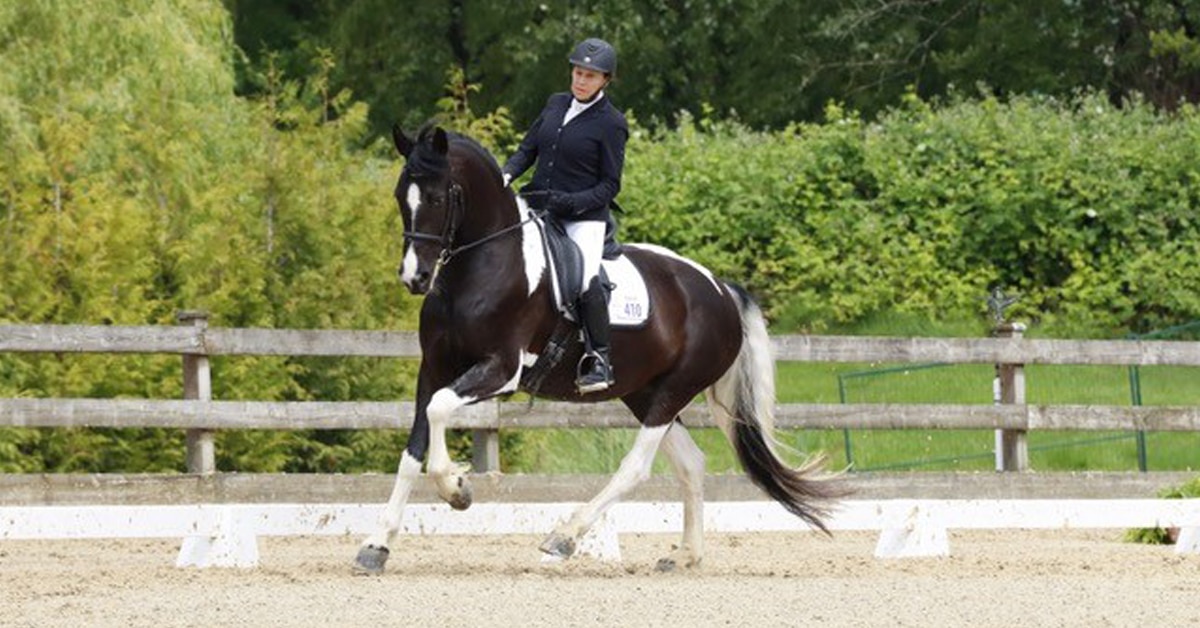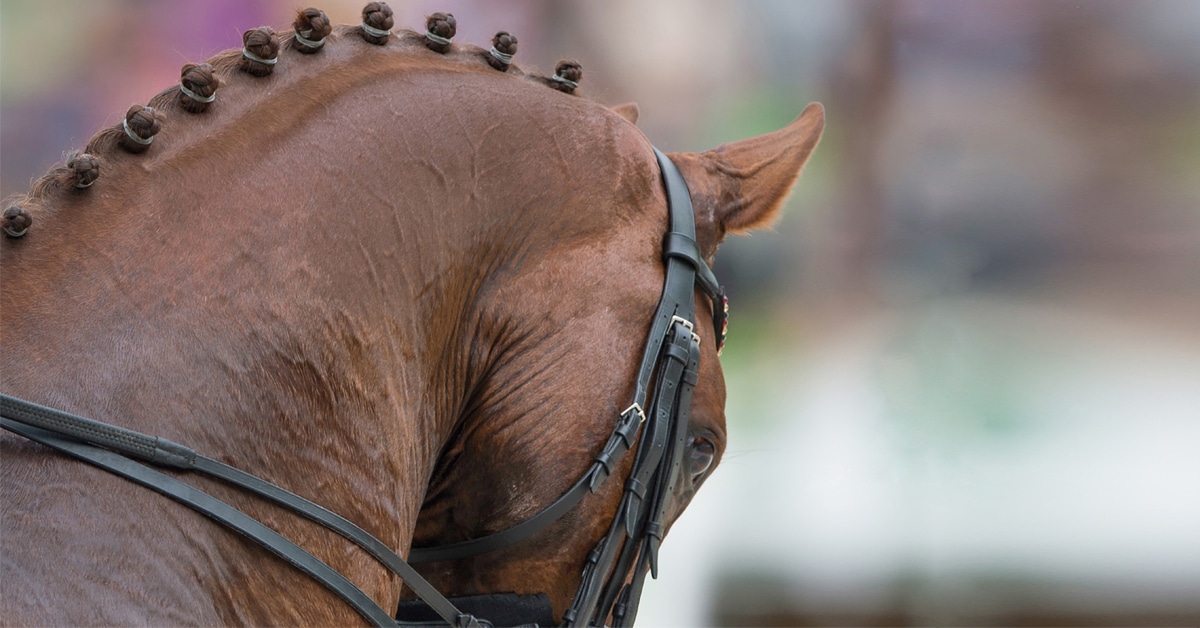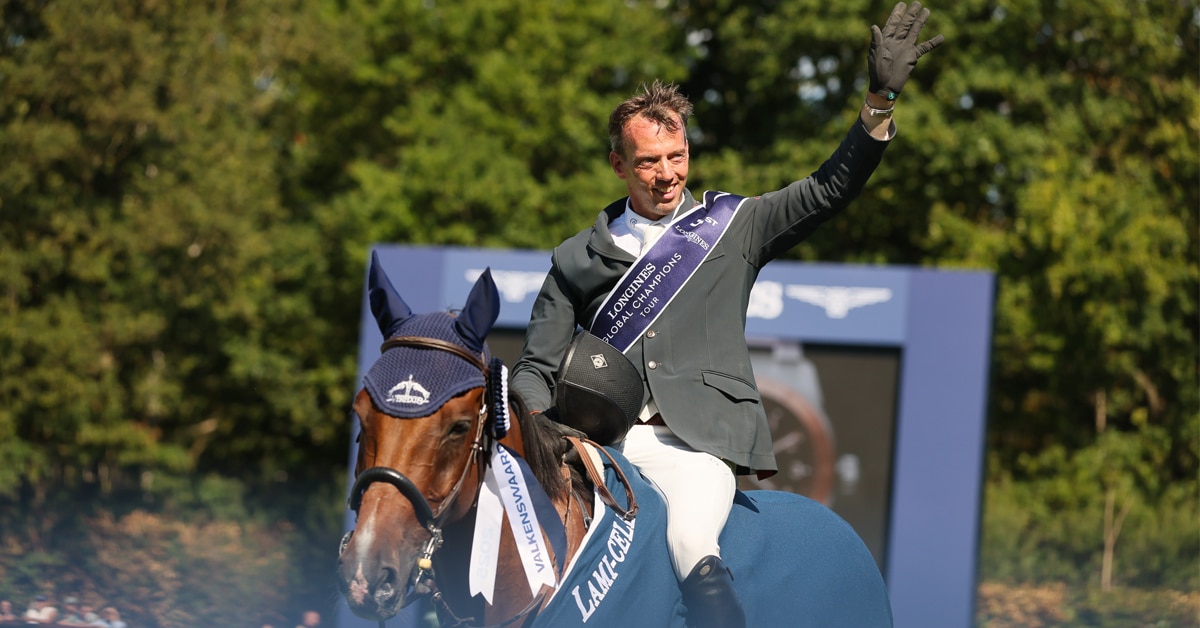Equestrian Canada has released the final declaration list for the national championships, which will take place at Thunderbird and Becancour.
The Colombian rider piloted Phelina De Septon, owned by Mario Deslauriers Inc.; Deslauriers was 10th in the class riding Latino.
Champions from 2023 will defend their titles at the biennial event, this time being held in Lähden, Germany, September 4-7.
The 50th anniversary of this iconic late summer show in the affluent Long Island seaside community features top riders and celebs out in full force.
What is a top eventer to do when their CCI5* horse is laid up? Take up grand prix show jumping, of course!
The FEI's legal assessment of rollkur – which is not banned under FEI rules – seems at odds with the stance of its sport departments.
The home crowd cheered the victory in Valkenswaard of their top-ranked Dutch star and his “once in a lifetime horse.”
The inaugural International Horse Trials featured world-class competitors; Canada's Rebecca Howard second in CCI2*-L.
The victory capped off a very good MLSJ Toronto run for the Israeli rider, who rode Corbie to edge Kent Farrington by 1/10 of a second.
Owned by Bluman Equestrian, the team of Mark Bluman (COL), Thaisa Erwin (AUS) and Daniel Bluman (ISR) won the $312,500 event in Erin.










